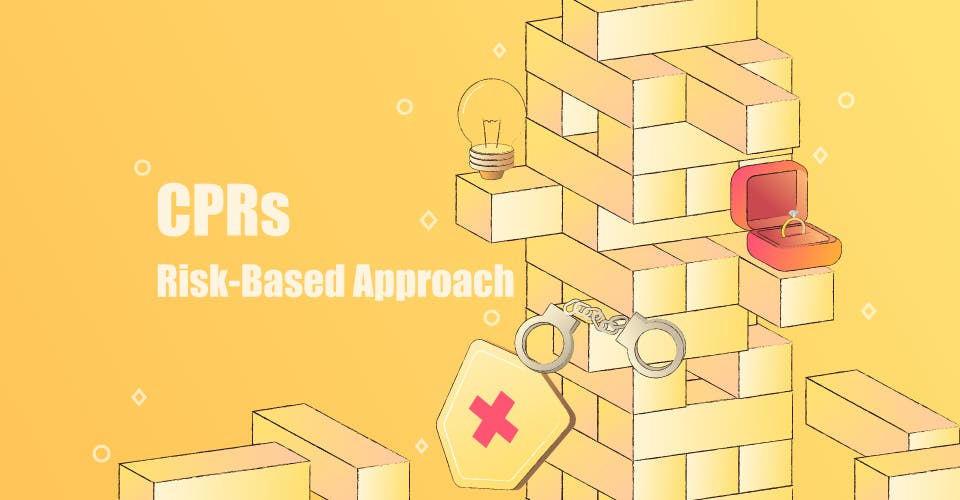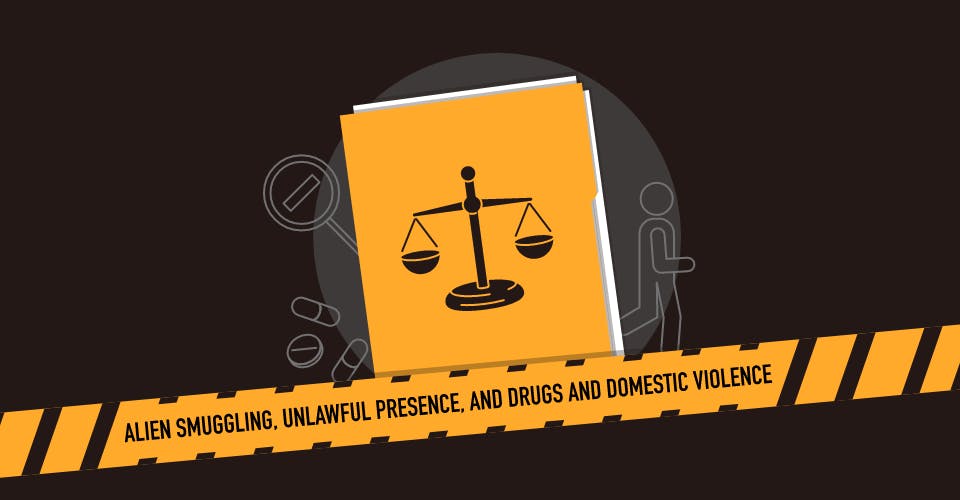Although Covid-19 has put an increasing strain on the immigration process by extending wait times for both employment-based and family-based green card applications (sometimes by up to a year), there has been one surprising development that some thought might not have happened: waiving green card interviews. In fact, in the past 6 months, there have been more than a handful of cases where applicants have received legal residence (a green card) without attending an in-person interview. This begs the question of green card interviews are needed for each and every case.
Note: In legal terms, the USCIS “waived” the interview requirement by means of issuing a written statement of evidence to approve applicants for legal residence.
Green Card Interviews
They might not be. In fact prior to 2017, immigration officials would conduct green card interviews only when deemed necessary, which gave more discretionary power to adjudicators. Situations that called for an interview prior to 2017 included the following:
- Admitting an applicant with ties to a terrorist organization,
- Admitting an applicant with a history of criminal convictions or misdemeanor crimes
- Quality control purposes
In other words the basis for having an interview was different than what it was today, and many of the guides on the green card interview are only recent developments when it comes to preparing for all of the hypothetical questions that might be asked in an interview.
Now, the green card interview is meant for every applicant, which has increased wait times exponentially. The interview is an all-inclusive part of the process where applicants can be asked anything included, but not limited to:
- For married couples, if they have a legitimate marriage and reviewing marriage paperwork and shared resources
- For foreign workers adjusting their status and being called in for an interview to testify employment and wages agreed upon
- For family-based green card applicants to attest to the legitimacy of a familial relationship with a U.S. based petitioner/citizen
- For any applicant to make sure they have financial support and likely won’t become a public charge
- For any applicant to make sure they do not have a history of substance abuse which might count toward evidence of becoming a public charge
I-944 Declaration
Of course we know by this point that while the green card interview is meant to for applicants to “pass the test” of legal residence requirements, some of the information is redundant, and could be avoided to expedite green card processing, which would be a move closer to the pre-2017 policy that maintains effectiveness while also upholding the rule of law.
For example, the Declaration of Self Sufficiency is a form that needs to be attached to the application to make sure applicants will not become a public charge. But for employment-based green card applicants who already have a good job with benefits, this extra form is indeed unnecessary at 18 pages in length and perhaps doesn’t need to be questioned on in a formal interview.
Virtual Interviews
In addition, some immigration advocates are calling for newer technological options to create efficiency in the green card process. One way this could be done is for the USCIS to train and hire officers who are willing to do virtual green card interviews, via a videoconferencing platform, thus minimizing exposure to Covid-19 and perhaps scheduling more applicants in a shorter time span.
The same level of discretion would be up to the officer in a virtual interview, and the same protocol could be used. For example, officers could have their applicants' file open when they sign on for the call and there would be nothing preventing an officer from submitting an RFE if needed. However, it is unclear if this policy is a hopeful wish or if the new Administration will actually try to make this a reality.











